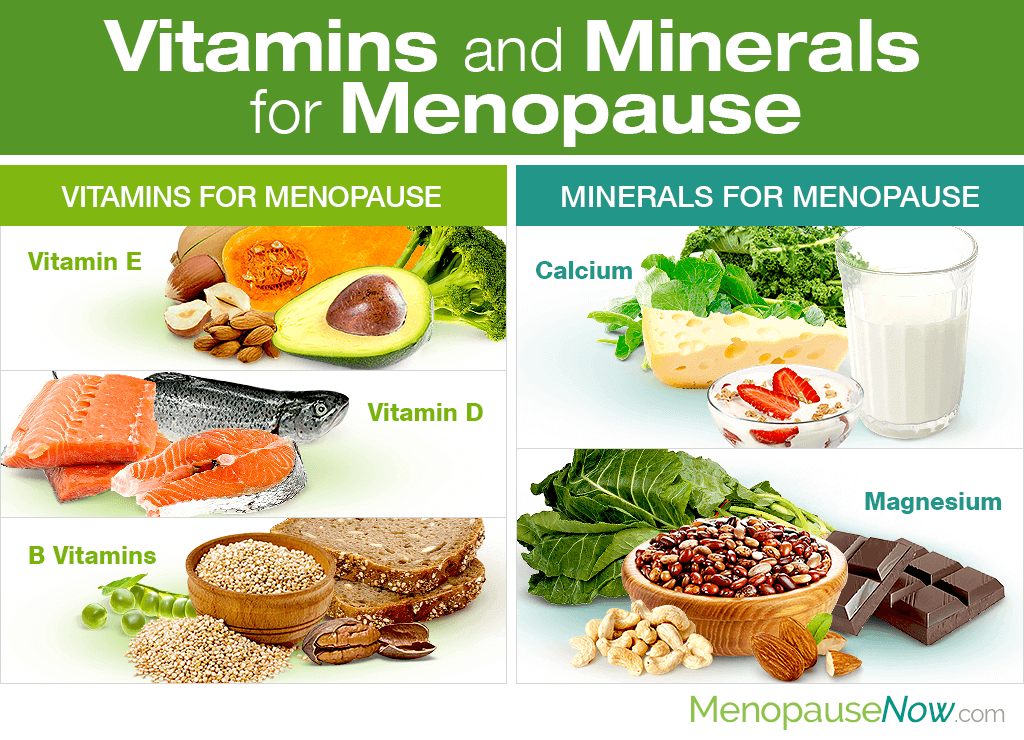As women search for natural methods to alleviate menopause symptoms, many will be inclined to reach into their medicine cabinets before taking a trip to the doctor. While various menopause vitamins and minerals are acclaimed for optimizing mid-life health, not all are created equal.
Continue reading to learn about the best vitamins and minerals for menopause symptoms so that you can go forth with the knowledge necessary to regain your symptom-free life.
Vitamins for Menopause
The following list of vitamins for perimenopause have been praised throughout the years for their effectiveness in relieving symptoms and preparing a woman for her postmenopausal years:
Vitamin E
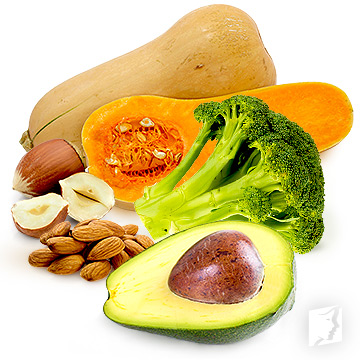
Vitamin E is one of the best vitamins for perimenopause because it not only fights free radical damage, but it is also scientifically proven to relieve hot flashes, a symptom that affects up to 75 percent of menopausal women. Moreover, it is acclaimed to improve symptoms of depression and anxiety.
Natural sources of vitamin E include squash; broccoli; nuts, like almonds and hazelnuts; spinach; and avocado.
Vitamin D
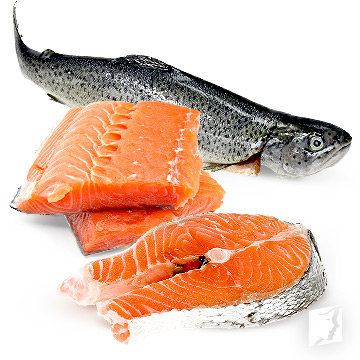
Vitamin D is necessary to absorb calcium from the gut into the bloodstream. Without vitamin D, there is an inadequate concentration of calcium in the blood for healthy bone growth and the prevention of osteoporosis. This is why both go hand in hand as necessary minerals and vitamins to help with menopause.
Sources rich in vitamin D include oily fish, such as sardines, salmon, and mackerel. However, it is best obtained from adequate exposure to sunlight for around 15 minutes daily.
B Vitamins
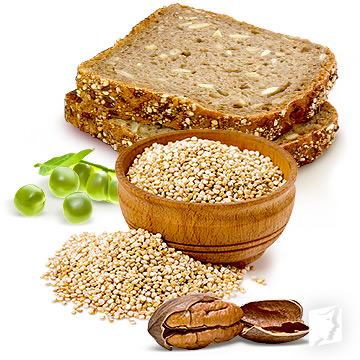
For starters, vitamin B12 benefits for menopause include helping aging women fight cognitive decline and low bone mineral density (BMD), while vitamin B9 (folic acid) is scientifically proven to reduce the frequency, severity, and duration of hot flashes, making both recommended as two of the best vitamins for menopause. Moreover, healthy levels of vitamin B6 (pyridoxine) abates symptoms of depression due to its involvement in serotonin production.
For optimal physiological and neurological functioning, it is recommended to consume adequate levels of all members of this group of micronutrients, which can be found in whole grains, seeds, nuts, and legumes.
Minerals for Menopause
Nevertheless, the list wouldn't be complete without also mentioning the essential minerals for menopause, which include:
Calcium
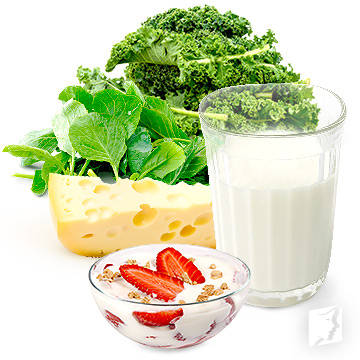
A decline in estrogen levels causes a woman's bones to thin faster. As such, consuming adequate amounts of calcium throughout her lifetime can help build and maintain strong bones, thus reducing her risk of developing osteoporosis transitioning into postmenopause.
Excellent sources of calcium are dairy products, like low-fat milk; fortified orange juiced; seafood, like salmon, sardines, and canned fish with bones; as well as dark green leafy vegetables.
Magnesium

Magnesium is a mineral for menopause that works in cohort with calcium to keep bones dense, warding off osteoporosis into a woman's twilight years. Moreover, magnesium helps control the body's stress-response system, thus encouraging relaxation and diminishing stress for a restful night's sleep.
Magnesium-rich foods are chocolate; coffee; dark leafy greens; seeds and nuts, mainly almonds, cashews, and sesame seeds; legumes; and unprocessed whole grains.
Other Supplements for Menopause
While aforementioned menopause vitamins and minerals will help allay symptoms women are experiencing as they transition out of their fertile years, they do not directly target the underlying cause, which is hormonal imbalance.
Two types of herbal supplements have been acclaimed throughout the years for menopause symptom relief: phytoestrogenic herbal supplements and hormone-regulating supplements.
Phytoestrogenic herbal supplements - such as black cohosh and red clover - contain potent, plant-based estrogens that work in the body similar to its own estrogens, thus relieving the estrogen deficiency at fault for symptoms. They are recommended for short-term use as introducing outside hormones into the body can cause it to produce less of its own.
On the other hand, hormone-regulating supplements, like Macafem, encourage the body's natural hormone production by stimulating the endocrine and pituitary glands, thus helping the body alleviate the hormonal imbalance naturally. Also, because there are no outside hormones involved, they are considered safer for long-term use.
To learn more about these supplements for menopause as well as holistic approaches to take to be rid of symptoms once and for all, read all about menopause symptoms treatments.
Sources
- American Nutrition Association. (2012). Magnesium... Miracle Mineral? Retrieved March 26, 2019, from http://americannutritionassociation.org/blog/ph-life/04_15_2012/magnesiummiracle-mineral
- Bani, S. et al. (2013). The Effect of Folic Acid on Menopausal Hot Flashes: A Randomized Clinical Trial. Journal of Caring Sciences, 2(2), 131-140. doi: 10.5681/jcs.2013.016
- Cleveland Clinic. (2015). Menopause & Osteoporosis. Retrieved March 26, 2019, from https://my.clevelandclinic.org/health/articles/10091-menopause--osteoporosis
- Harvard Health Publishing. (2016). Sleep and magnesium supplements. Retrieved March 26, 2019, from https://www.health.harvard.edu/sleep/ask-the-doctor-sleep-and-magnesium-supplements
- Hvas, A.M. et al. (2004). Vitamin B6 level is associated with symptoms of depression. Psychotherapy and Psychosomatics, 73(6), 340-343. doi: 10.1159/000080386
- Kennedy, D.O. (2016). B Vitamins and the Brain: Mechanisms, Dose and Efficacy—A Review. Nutrients, 8(2), 68. doi: 10.3390/nu8020068
- Milart, P. et al. (2018). Selected vitamins and quality of life in menopausal women. Przeglad Menopauzalny, 17(4), 175-179. doi: 10.5114/pm.2018.81742
- National Institutes of Health. (2018). Vitamin B6. Retrieved March 26, 2019, from https://ods.od.nih.gov/factsheets/vitaminb6-healthprofessional/
- Society for Endocrinology. (2018). Vitamin D. Retrieved March 26, 2019, from http://www.yourhormones.info/hormones/vitamin-d/
- Ziaei, S. et al. (2007). The effect of vitamin E on hot flashes in menopausal women. Gynecologic and Obstetric Investigation, 64(4), 204-207. doi: 10.1159/000106491

